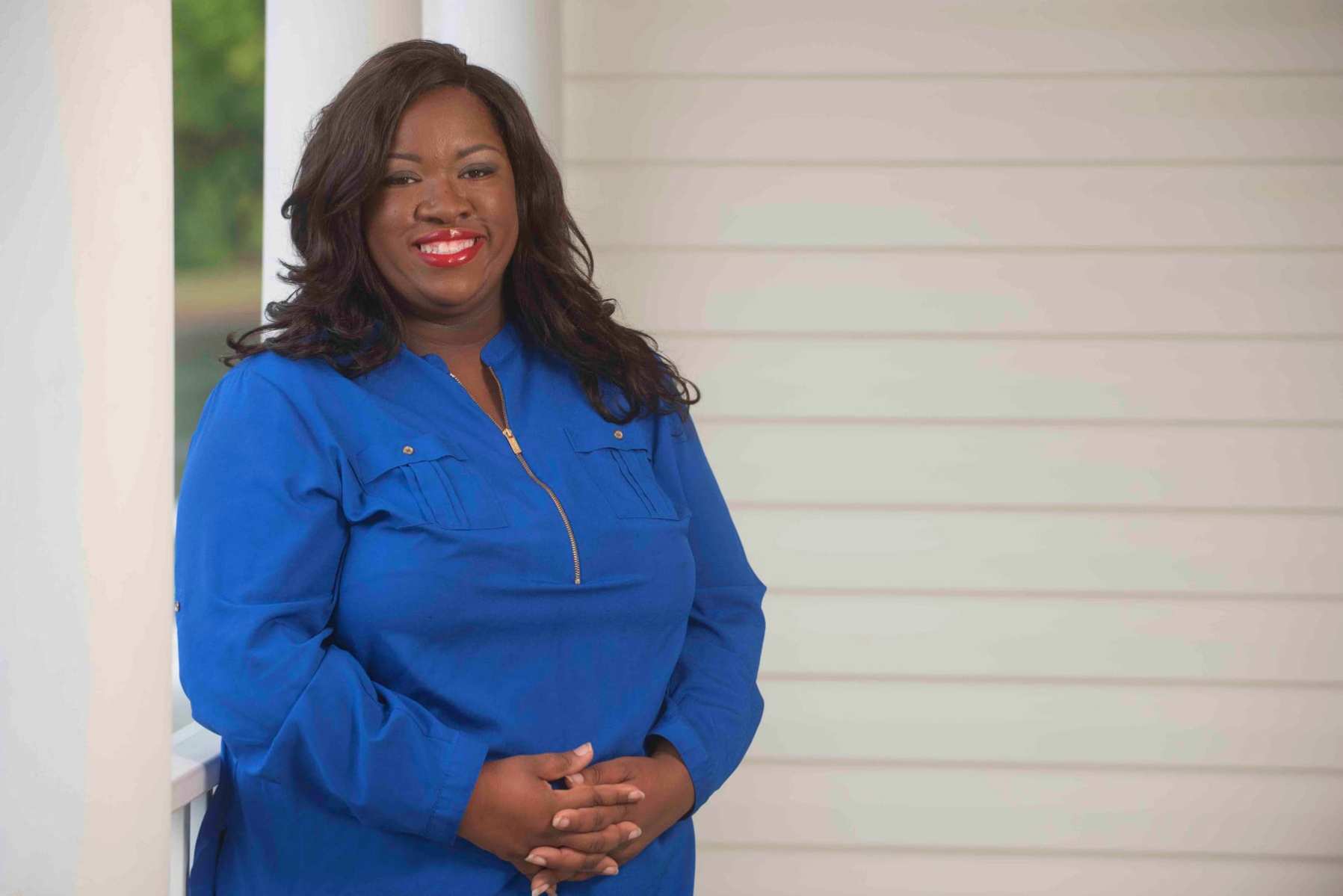Democrats Candi King and Angelia Williams Graves won their special elections as Virginia delegates on Tuesday — continuing the blue wave that helped flip the state from Republican to Democratic control in 2019. With the addition of King and Graves to the Virginia House of Delegates, there are now 42 women in the General Assembly — or 30 percent of the state’s legislators — a record for Virginia.
King, a community leader and former small business owner, will succeed former delegate Jennifer Carroll Foy who stepped down to focus on her 2021 gubernatorial campaign. After her victory, King said she was “ready to hit the ground running” on day one and promised to be a “voice for working families.”
Graves, a Norfolk council member and former vice mayor, ran against Republican Sylvia Bryant and won by more than 1,500 votes. On Tuesday, Graves celebrated on social media: “Thank you to the voters of the 90th District for believing in me. I am excited to be your next delegate!”
Jean Sinzdak, associate director of the Center for American Women and Politics at Rutgers University, noted that Virginia’s historic moment matches up with a broader trend; a record number of women are serving in state legislatures nationally.
“Virginia is in the middle of the pack,” Sinzdak said, though she acknowledged that they are ahead of many of the other Southern states. “They’re not falling behind but keeping pace with the growth of the country.”
Nevada leads the nation in gender parity, with women accounting for more than 60 percent of its legislature, according to CAWP data. Colorado and Rhode Island follow with 46 percent and 45 percent, respectively. At the bottom of the list is West Virginia with women comprising less than 12 percent of its lawmakers.
Research shows that when women run for office, they win at the same rate as men, Sinzdak said. The representation discrepancies across states can be attributed to the number of women running, state culture and political partisanship. More Democratic women run than their Republican counterparts, she added.
Sinzdak also noted that research shows women legislators “make government more transparent and accessible, especially to marginalized groups.” They’ve also proven more likely to build consensus and work across the aisle, she added.
Pieter Brower, the regional press secretary at the Democratic Legislative Campaign Committee, said Virginia continues to make history after installing Eileen Filler-Corn, its first woman speaker, and Louise Lucas and Charniele Herring as the commonwealth’s first Black and female Senate president pro tem and House majority leader, respectively.
“The government works far better when our elected representatives reflect the diversity of their constituents,” Brower said. “The General Assembly session will start with more women this session, and that’s something worth celebrating.”







